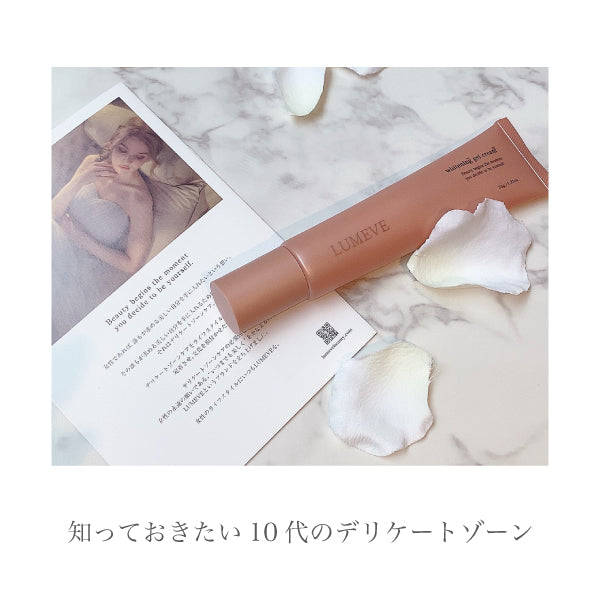In one's twenties, menstrual cycles are more stable than in one's teens, and this is the best time for pregnancy and childbirth.
It is important to know about the changes in the delicate zone unique to women in their 20s and 30s, as well as the problems to watch out for.
Changes in the body in one's 20s and 30s
Women enter a period called "maturity" around the age of 20, some time after their first menstruation.
Hormone secretion becomes smooth and the menstrual cycle and period become stable.
Menstrual pain, which was strong in the beginning, often lessens.
In the 20s, the secretion of female hormones increases rapidly as the body prepares for pregnancy and childbirth.
Although the body and mind are stable and most suitable for pregnancy, women in their 20s and 30s are busy with work and hobbies as members of society.
They are also in an age of major life changes, such as love and marriage.
If they lead unbalanced lifestyles or suffer from fatigue or stress, their hormonal balance may be disrupted and problems may appear in their delicate zones as well.
What are the problems unique to women in their 20s and 30s and what should we be aware of?
PMS is a common problem that occurs in women in their 20s and 30s, and is unique to the delicate zone.
The high hormone production in the body can cause breast tenderness, menstrual cramps, lower abdominal pain, and headaches before menstruation.
Excessive sweating can also lead to itching and pain in the delicate areas.
If irregular menstruation or menstrual cramps are very severe, a case of dysmenorrhea, endometriosis, or other diseases may be lurking.
It is important to keep a basal body temperature in order to know the status of female hormones.
By measuring basal body temperature, you can predict your normal body temperature, whether or not you are ovulating, and whether or not your menstrual period is about to begin.
Along with your basal body temperature, you should also keep a record of your menstrual cycle, the amount of menstrual blood, and your physical condition.
This is important to maintain a healthy body.
If you have any problems in the delicate zone
If you have any unusual problems, such as irregular menstrual cycles, smelly discharge, or itching in the delicate zone, do not keep it to yourself, but seek medical attention as soon as possible.
By having a medical examination, it will be easier to find out if there is a disease.
When you go to see a doctor, you should bring your basal body temperature chart and menstrual record with you so that the doctor can make a treatment plan for you.
Although the period from one's twenties to thirties is the ideal time for pregnancy and childbirth, increased hormone production and stress can cause problems in the delicate zones.
It is advisable to keep a daily basal body temperature and menstrual period record to keep track of your own physical condition.



